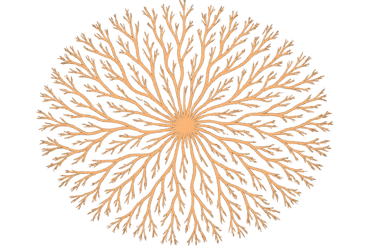
frequently asked questions
How quickly can we find a solution?
Mediation is an open-ended process by nature. The number of sessions needed depends on the complexity of the conflict — including how long it has been ongoing and how many people are involved. Most cases find resolution within 2–5 sessions (90–120 minutes each). For time-sensitive situations, I also offer half-day sessions.
Is mediation effective?
Yes. Studies show that around 80% of mediations result in an agreement. Mediation is generally faster, more affordable, and more relationship-centred than litigation. It focuses on creating win-win solutions that address the needs of everyone involved.
We’re an organisation with little or no funding — can we still work with you?
Yes. I offer sliding-scale rates and a limited number of free or pay-what-you-can sessions. My aim is to make this work accessible while also sustaining my practice. Contact me directly to apply for a supported session.
Where can we meet?
I offer in-person sessions in Berlin at a neutral office space in Neukölln. The cost of room hire is included in the session fee.
Online sessions are also available via Zoom, anywhere in the world.
Do we all need to agree to mediation before reaching out?
Yes — mediation requires a willingness to participate from all parties. I suggest sending this website to the other conflict party before making contact. If you're unsure, you’re welcome to book a free 30-minute consultation to privately explore whether mediation is right for you. I don’t reach out to other parties on your behalf, as doing so would compromise my role as an all-partial (equally supportive) mediator.
What does ‘values-based’ mediation mean?
It means that I consider the process of mediation, and the means of reaching an agreement, to be as meaningful as the outcome itself. My practice is guided by the values of: empathy, dignity, integrity, and a deep belief in our inherent belonging. I believe that the mediation process is a powerful tool for transformation — the values that guide my practice are not a "means to an end" but rather a transformative practice.
What if we don’t reach an agreement?
Mediation doesn’t always end with a written agreement — though it often does. Even without a final resolution, the process can restore clarity, mutual understanding, and a sense of direction. When deciding whether mediation is the right step, I encourage you to consider your alternatives and reflect on the costs and benefits of each.
Is everything confidential?
Yes. Confidentiality is a core principle of mediation. Everything shared in session is kept private by mutual agreement, and I will always clarify how confidentiality applies in your specific context.
Can you support our group or organisation long-term?
Yes. I offer organisational retainers for collectives and teams seeking ongoing support for navigating tension early, building communication capacity, and cultivating long-term resilience.
How do we get started?
You can book a free 30-minute consultation to talk through your needs and ask questions. This is an opportunity for both you and I to assess the suitability of mediation in your case. There is no pressure or obligation.

